 Your new post is loading...
 Your new post is loading...
"Earlier this week, Anil Dash wrote a smart piece unpacking the concept of “public.” He opens with some provocative questions about how we imagine the public, highlighting how new technologies that make heightened visibility possible. For example, Someone could make off with all your garbage that’s put out on the street, and carefully record how many used condoms or pregnancy tests or discarded pill bottles are in the trash, and then post that information up on the web along with your name and your address. There’s probably no law against it in your area. Trash on the curb is public."
"If you’ve scratched your head over suggestions to manage your “digital footprint,” you aren’t the only one. A surprisingly large percentage of people..."
"Talking to our learners about digital citizenship requires us continually to revise and update our messages. We tell our students constantly that we are not cops here at school to block their access online, but rather we are here to educate them about using it."
As you browse online, you may be leaving a digital trail that companies can use to find out more about you. Learn how to clean up your trail and browse clean.
Most apps are fun, useful, and harmless, but there are apps out there that are less than trustworthy. Learn how you can protect your information from sneaky apps.
"Sharing is the basis of social media, and it can be a beautiful thing. Keeping up with family and friends as kids grow, relationships become marriages and adventures are had — social media can be tons of fun and helps us feel connected to one another. But when does all that sharing become too much? And when can what you share online actually become dangerous?"
Check out this infographic to learn more about what people share online and how this may may cross "the line of good judgement."
"Mobile apps sure are handy little doodads, telling you what’s going on, where to go and who’s nearby. But can they be trusted with your privacy?"
CIPA , the Children's Internet Protection Act, requires that schools install filters that "address obscenity, child pornography and sites that are 'harmful to minors,' but schools interpret this mandate in a variety of ways... With the advent of mobile computing, with the proliferation of cellphone ownership (student cellphone ownership specifically) and with the explosion of social networking, we’re witnessing CIPA – an eleven year old piece of legislation, remember – be invoked left and right." This post explores some case studies and discusses a range of issues that exist today, raising questions such as "What does it mean to protect children on the Internet today? What is the role of schools? What is the role of parents? " If schools provide iPads or laptops to students are they also responsible for filtering the Internet when these devices are used at home? Does CIPA impact what students and teachers read, write, watch online? Raising more questions than are answered this post asks you to look at some difficult issues that we are confronting in the world of education.
The internet was all abuzz about SOPA and PIPA and proved a worthy foe against government oppression by quashing the bills before they could get too much momentum. There is outrage now about CISPA, the latest aromaticity that Washington has put f ... If you prefer information as an infographic this one does a good job explaining CISPA.
When Google was first launched their unofficial motto was "Don't be evil." Looking at the history of Google and where things stand today you may question if that philosophy has changed. This infographic does a great job at providing a historical perspective on Google and issues that have come up. Are you concerned about tracking, privacy, filter bubbles, and more? If so, check out this infographic.
"As our lives become increasingly digital, many of us share more and more on social media sites. Consequently, employers and colleges have started to request access to our personal profiles as a way to learn more about us. Should the same standards of privacy we've come to expect offline apply online? Take a look."
Nearly two-thirds of Internet users also user social networking sites. As social media becomes mainstream, more users recognize the importance of protecting their privacy and managing their accounts. How are you taking control of your profiles?
|
"Today's learner needs to be savvy about new media. Traditional advertising is direct; we see, hear, or read it. Other than tapping our senses, it does not take advantage of our privacy. Digital advertising is subliminal and unseen. It secretly gathers data to aggregate and push ads to the devices our students use."
Explore records of the National Archives documenting the ongoing struggle of Americans to define, attain, and protect their rights.
"Student digital privacy is a critical currency, to be safeguarded by schools and pillaged by predators. Interactive, social Web 3.0 resources demand proactive ways to access tech tools and still preserve learners’ anonymity.
In the changing edtech landscape, student safety is taking on new dimensions and new gravity. When every online resource now is interactive and linked to social media, Web 3.0 often requires clever ways to give students access to the learning tools they need and still preserve their innocence."
"The idea of Snapchat is simple, delightfully so. Take an image or a video, send it to a friend or paramour. Ten seconds after the receiver opens the file, it self-destructs, and the sender can rest assured that no trace of the message remains. Signed, sealed, delivered, deleted. But that’s not quite true. In December, Buzzfeed reported on a security loophole in the app, which allows one to permanently save a Snapchat file without notifying the sender. The expectation of privacy and impermanence that makes the app irresistible to young users is thus deeply flawed. And yet it remains wildly popular..."
Do you wonder how to best teach about YouTube and Digital Citizenship? Google has just released a "new interactive curriculum to support teachers of secondary students (~ ages 13-17)." The curriculum has ten lessons: What Makes YouTube Unique, Detecting Lies, Safety Mode, Online Reputation and Cyberbullying, Policy, Reporting Content, Privacy Part 1, Privacy Part 2, Copyright, and Additional Resources/Appendix Including Parent Resources. There is a Teacher's Guide as well as Slides for each lessons.
A whole bunch of organizations and individuals are getting together today to launch the beginning of a process, the creation of an Internet Declaration of Freedom. We've seen how the internet has been under attack from various directions, and we...
"As mobile devices become more and more popular the demand for easy access to wi-fi increases as well. It is already pretty easy to access wi-fi in most places including coffee shops, restaurants, the mechanics, etc. Access to wifi will only become wider spread and easier to access especially when it is predicted 1 in 4 users will have more than one connected device by 2016...While free wi-fi is great it does not necessarily protect you the same way a secure network may. Today’s infographic 'Free Wi-fi, Friend or Foe?' gives us some examples of ways hackers can hijack your accounts and how to ensure your safety when browsing on an open network."
Have you heard about Common Sense Media's posters on digital citizenship? This one is geared to elementary school students. This poster would be great to share with students (and their families) to promote conversation about issues that they may face online. You may download copies at the site.
Last week the House of Representatives passed the Cyber Intelligence Sharing and Protection Act (CISPA), a follow-up bill to SOPA that wants to erode your personal privacy. This bill has received support from many corporations...but many still question the need for this specific legislation. Lifehacker has created "a fictional narrative based on what we believe the U.S. might be life if CISPA is passed into law, based on an in-depth inteview with Derek Bambauer, Associate Professor of Law at Brooklyn Law School." Reading this fictional narrative may help you understand some of the issues around CISPA.
"Managing your privacy online ain’t easy. Between Facebook, Google, the online tracking cartel and Big Brother, everyone wants a piece of your data. Figuring out who has which pieces of your personal info and what they’re doing with it is a challenge even for privacy geeks like me. Most normal people just give up. That is, of course, exactly what they want you to do. (Who’s “they”? Fill in your favorite conspiracy theory here.) Now there’s a new tool that can help normal folks untangle the privacy knot. It’s called Priveazy, and it opened the doors on its public beta earlier this week." Priveazy link: https://www.priveazy.com/ ;
We stopped SOPA, but the legislative threats to the open Internet keep on coming. The latest is the Cyber Intelligence Sharing and Protection Act (CISPA).
Google's one unified privacy policy went into effect on March 1. The new privacy policy makes it easier for Google to bring user data across its services, but the actual privacy preferences remained unchanged. If you are concerned about how to "keep your browsing history as private as possible" think article shares five tips.
|



 Your new post is loading...
Your new post is loading...


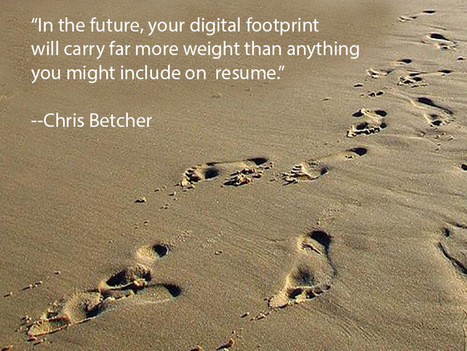



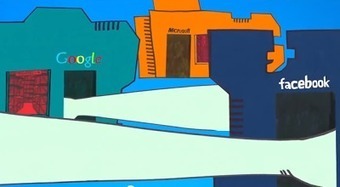


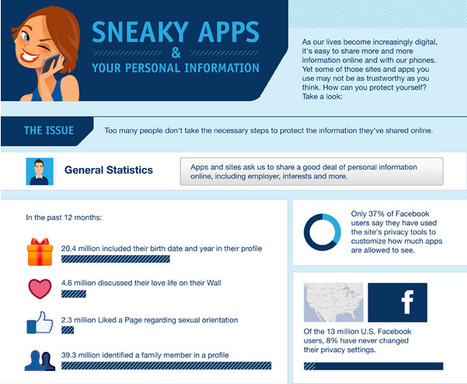
![Do You Share Too Much on Social Media? [INFOGRAPHIC] | Eclectic Technology | Scoop.it](https://img.scoop.it/P101U7Xj4W48A3c4TKg13Dl72eJkfbmt4t8yenImKBVvK0kTmF0xjctABnaLJIm9)
![Can Your Mobile Apps Be Trusted? [INFOGRAPHIC] | Eclectic Technology | Scoop.it](https://img.scoop.it/WtQUlkhzIcIHlraCOZcOcjl72eJkfbmt4t8yenImKBVvK0kTmF0xjctABnaLJIm9)
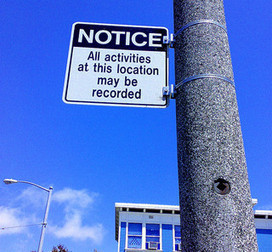
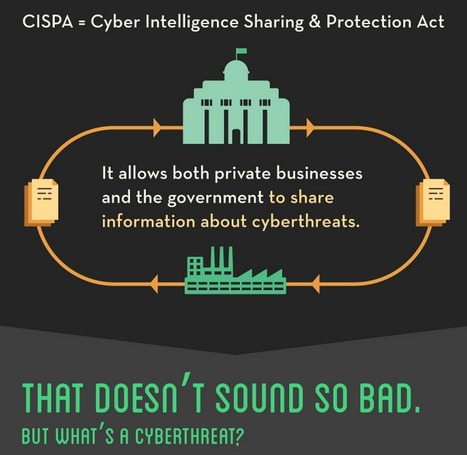
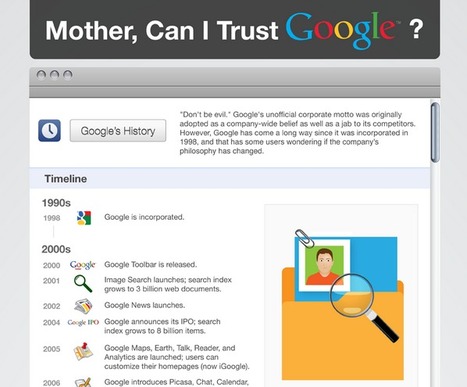
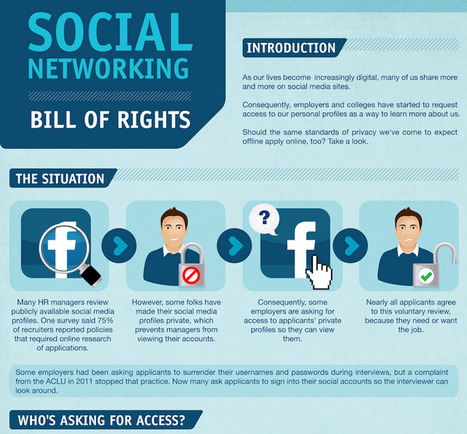

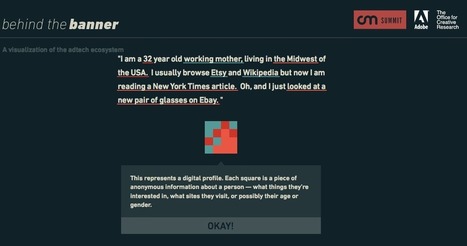
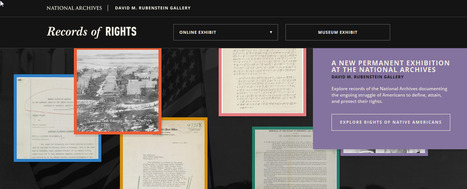
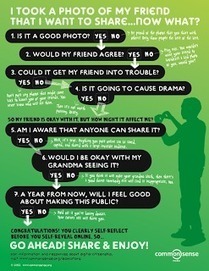


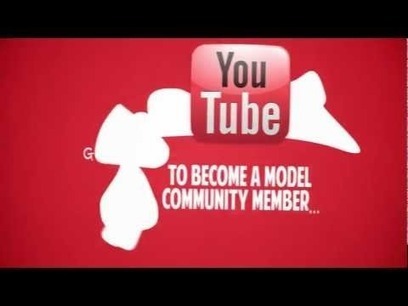
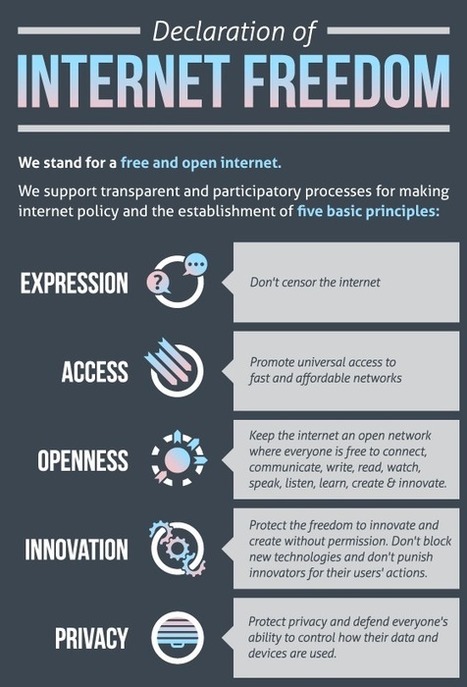
![Free Wi-fi, Friend or Foe? [infographic] | Eclectic Technology | Scoop.it](https://img.scoop.it/_fPO9dCzmthRqL_z3nwDBDl72eJkfbmt4t8yenImKBVvK0kTmF0xjctABnaLJIm9)
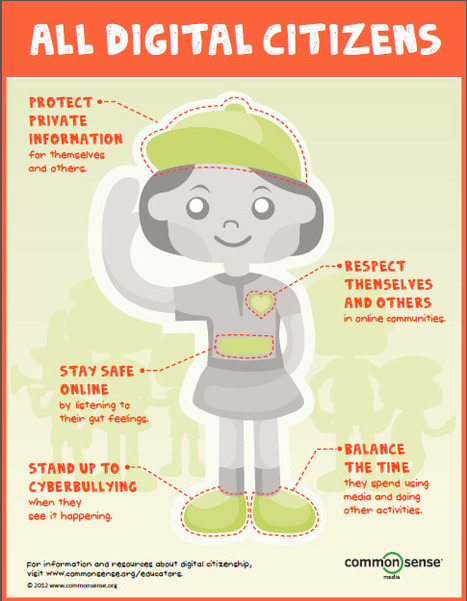

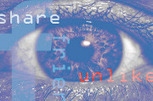
![Cyber Intelligence Sharing Protection Act: SOPA's Evil Twin [Infographic] | Eclectic Technology | Scoop.it](https://img.scoop.it/HFcMBwY6mrq89uvZNd4k4zl72eJkfbmt4t8yenImKBVvK0kTmF0xjctABnaLJIm9)






Is your definition of privacy different from your students definition? Our world is changing quickly and the concept of privacy is also changing. This post by Danah Body explores this issue and will provide ideas that you may want to use with students in your classes. As this school year commences the need to understand the issue of privacy, esp. online where so much information is gathered about each of us, often without us being aware of it, is important for students to understand.